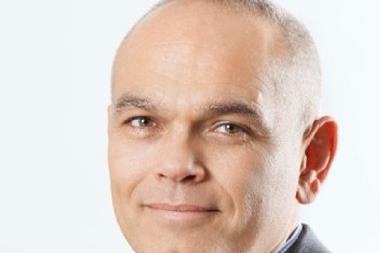The controversial proposal by actuary-turned-MP Agnes Joseph to give individual members a say on whether they want to see their defined-benefit accruals converted to defined-contribution capitals was narrowly rejected by parliament last week. A roll-call vote was required after a first vote ended in a 75-75 draw. The outcome of the vote was uncertain until the last minute, as it was such a close-fought battle.
The Pensioenfederatie, the association representing Dutch pension funds, was “delighted” with the result of the vote as it had campaigned fiercely against the proposal. Giving members the opportunity to carve out their pensions would have ended the collectivity and solidarity that characterise the Dutch pension system, according to the Pensioenfederatie.

Separately, Martijn Scholten, co-chief executive officer of Dutch fiduciary manager MN, openly flirted with construction sector scheme Bpf Bouw which is on the look-out for a new fiduciary manager. The fund could be “a great fit” for his firm, he said in an interview with IPE’s sister publication Pensioen Pro.
Bpf Bouw has to leave its current fiduciary APG by 2030 as it will focus exclusively on its main client ABP for asset management services. APG CEO Ronald Wuijster, meanwhile, reflected critically on his firm’s “below standard returns” in 2024. “We will have to do better,” he said.
According to the firm’s annual report, the total excess return was -152bps, most of which was due to active investment decisions. Over the past five years, the excess return has also been negative at -9bps.
Finally, Pensioenfonds PGB has implemented a fully passive strategy for its portfolio of listed equities. The fund has sold its “disappointing” allocation to factor investing and is no longer making active choices to invest more or less in certain regions. Until last year, the pension fund was overweight Europe and emerging markets versus the index, investing less in the US. The adjustment comes after an evaluation that led the pension fund to conclude “that it is difficult to achieve structural outperformance in liquid, efficient markets”, explained a spokesperson.
Items to note
- The IPE Real Assets Infrastructure & Natural Capital Global Conference & Awards 2025 is taking place on Tuesday 16 to Wednesday 17 September at the Mainport Hotel in Rotterdam
- The IPE Transition Conference & Awards 2025 will be held on 17 June at the Cardo Brussels. You can register here
Read the digital edition of IPE’s latest magazine























